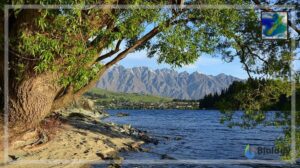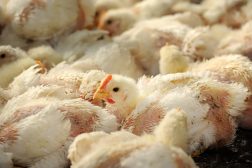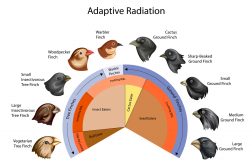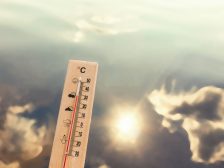Graduate
1. One who has received an academical or professional degree; one who has completed the prescribed course of study in any school or institution of learning.
2. A graduated cup, tube, or flask; a measuring glass used by apothecaries and chemists. See graduated.
Origin: LL. Graduatus, p. P. Of graduare to admit to a degree, fr. L. Gradus grade. See grade.
1. To mark with degrees; to divide into regular steps, grades, or intervals, as the scale of a thermometer, a scheme of punishment or rewards, etc.
2. To admit or elevate to a certain grade or degree; especially, in a college or university, to admit, at the close of the course, to an honorable standing defined by a diploma; as, he was graduated at Yale College.
3. To prepare gradually; to arrange, temper, or modify by degrees or to a certain degree; to determine the degrees of; as, to graduate the heat of an oven. Dyers advance and graduate their colours with salts. (Browne)
4. (Science: chemistry) to bring to a certain degree of consistency, by evaporation, as a fluid. Graduating engine, a dividing engine. See dividing engine, under dividing.
Origin: cf. F. Graduer. See graduate, grade.
1. To pass by degrees; to change gradually; to shade off; as, sandstone which graduates into gneiss; carnelian sometimes graduates into quartz.
2. (Science: ornithology, Zoology) to taper, as the tail of certain birds.
3. To take a degree in a college or university; to become a graduate; to receive a diploma. He graduated at Oxford. (Latham) He was brought to their bar and asked where he had graduated. (Macaulay)
Dictionary > Graduate
You will also like...

Plant Metabolism
Plants are responsible for incredible feats of molecular transformation. Plant processes, such as photosynthesis, photop..

New Zealand’s Unique Geographical History
Explore why New Zealand has such unique flora and fauna, and learn why long periods of geographical isolation. This less..

Homeostatic Mechanisms and Cellular Communication
Homeostasis is the relatively stable conditions of the internal environment that result from compensatory regulatory res..

Selective Breeding
Gregor Mendel's studies into Monohybrid and Dihybrid crossing and Charles Darwin's study of evolution and natural select..

Adaptive Radiation
The diversification of several new species from a recent ancestral source, each adapted to utilize or occupy a vacant ad..

Abiotic and Biotic Factors
This tutorial deals with the abiotic factors of the freshwater environment that determine what sort of life would be sui..

